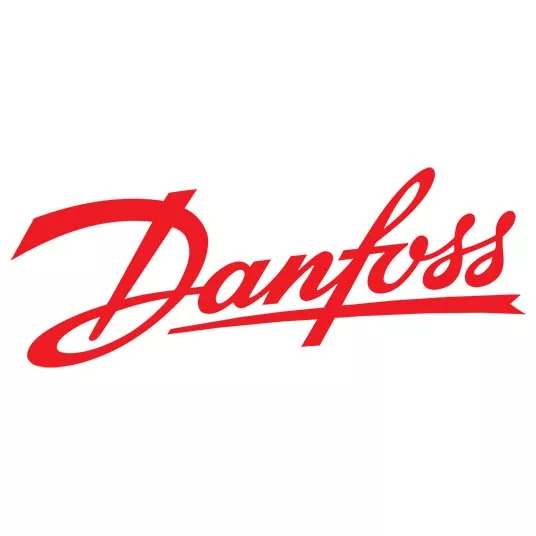To help address this growing need for knowledge of CO₂ refrigeration systems, Danfoss has developed the Mobile CO₂ Training Unit. The Danfoss Mobile Training Unit is packed with CO₂ solutions and interactive learning modules, and will be making stops in the Pacific and Mountain regions as it travels the United States to support the industry.
CO₂ is rapidly advancing in refrigeration as traditional HFCs are phasing out globally and retailers are looking for ways to reduce their carbon footprint.
Danfoss' CO₂ Mobile Training Unit will be on display: at the ATMOsphere America Conference in San Diego, California, June 5-7; at Source Refrigeration and HVAC Training Center in Anaheim, California, June 14-29; and at DC Engineering in Meridian, Idaho, July 10-20. Danfoss will hold “open house” sessions to observe the training unit's equipment and components for CO₂ solutions, as well as hands-on training sessions led by dedicated Danfoss CO₂ champions who will share their in-depth knowledge of the natural refrigerant's properties and the opportunities and challenges surrounding the use of CO₂.
The CO₂ solutions presented in the mobile training unit range from simple gas-bypass systems to more complex parallel compression solutions with or without heat reclaim. Moreover, the training unit introduces the AHR Expo Innovation Award winning ejector technology, which industry experts recognize as key in the evolution of transcritical CO₂ refrigeration. These ejectors have the potential to enhance the energy efficiency of their systems by up to 20 percent on the hottest days of the year, thereby solving a problem that previously limited the use of transcritical CO₂ systems to milder climates.
As technologies for implementing CO₂ refrigeration continue to evolve to offer enhanced performance while increasing the ease of use, the Danfoss Mobile Training Unit will be constantly updated with new components, know-how, and learning modules to reflect these changes.





